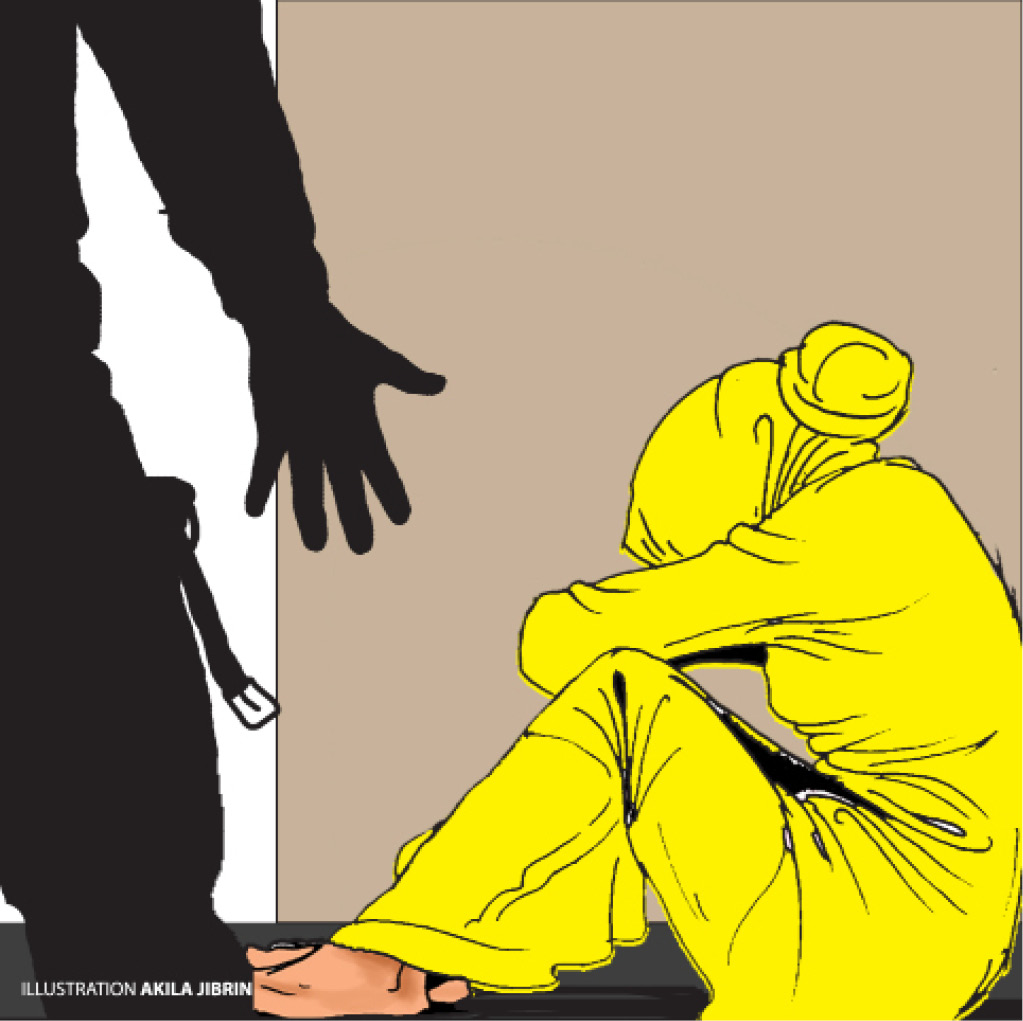The Women, Law and Development Initiative (WOLDI) Africa has said that only 65 suspects have been found guilty of rape in Nigeria in the last 46 years (1975) and that 32 of these convictions took place during and before 2015 while 33 took place after 2015 till date.
The President/Founder, WOLDI Africa, Dr. Hauwa Evelyn Shekarau, said this on Tuesday in Abuja at a one-day Consultative Meeting on COVID-19 Related Sexual and Gender-Based Violence (GBV).
The event was organised by WOLDI and the Urgent Action Fund Africa (UAF-Africa) COVID-19 Support Project.
According to her, many Police Officers lack the knowledge and training to deal with GBV cases effectively and others presume that such cases are domestic matters, outside of their jurisdiction.
“Some women have suffered intimidation and assault from the police upon filing rape reports. In cases where the justice system decides to bring charges, perpetrators often escape conviction.
“In fact, only 65 suspects have been found guilty of rape in Nigeria in the last 46 years (that is since 1975), 32 of these convictions took place during and before 2015 while 33 took place after 2015,” Shekarau said.
How COVID-19 lockdown worsen gender-based violence
She said that on March 30, 2020, Nigeria imposed a 14-day lockdown in Lagos, neighbouring Ogun State and Abuja in an effort to curb the global spread of COVID-19.
According to her, by April 2, Bauchi State had issued a similar lockdown order and other Nigerian states soon followed suit.
She noted that these restrictions lasted for two months and by May 1st, the Nigerian government began to ease the preventive measures, but not before the resultant severe economic hardship across the nation.
“In what some have termed a “shadow pandemic,” the lockdown exposed millions of women and girls to greater levels of violence that persisted even before the COVID-19 pandemic. In July 2020, the Nigerian Minister of Women Affairs and Social Development, Dame Pauline Tallen, stated that no fewer than 3,600 cases of rape were reported in Nigeria during the lockdown.
“This rise in sexual violence during the COVID-19 pandemic follows similar trends in other countries, including the United Kingdom, Singapore and Canada, who all witnessed an increase in sexual assault related distress calls during their respective lockdowns,” she said.
She added that the impact becomes even more dire because of the high degrees of poverty and instability, coupled with inadequate legal mechanisms that allow the proliferation of GBV cases as offenders evade punishment.
She therefore urged that the federal and state policies must consider tackling pre-existing trigger factors that perpetuate GBV within communities and strengthen antiquated legal and societal structures that currently impede individuals from seeking judicial redress.
She said, “Estimates suggest that nearly three out of 10 Nigerian women experience physical violence by age 15. Furthermore, six out of every 10 Nigerian children experience some form of physical, emotional, and sexual violence before the age of 18.
“Two-thirds of children who are victims of violence and abuse never speak out, while only 4 out of 100 receive any form of support. Gender-Based Violence does not only affect women and girls.
“Studies have shown that one in 10 boys in Nigeria experience sexual violence before the age of 18 and some estimate that these figures may be closer to one in six boys. Moreover, a study on the prevalence of sexual abuse among male secondary school adolescents found that the overall prevalence of sexual abuse was 29 percent.
“Forcing boys to watch pornography constituted the most common form of non-contact sexual abuse, while the most common form of contact sexual abuse included being touched or fondled sexually. Over half of the victims were abused at the perpetrator’s home.”

 Join Daily Trust WhatsApp Community For Quick Access To News and Happenings Around You.
Join Daily Trust WhatsApp Community For Quick Access To News and Happenings Around You.


